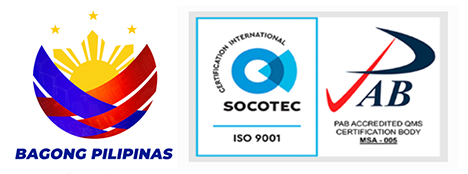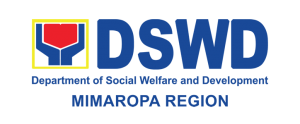TAGAYTAY CITY – The Sustainable Livelihood Program (SLP) Zero Hunger under the Department of Social Welfare and Development (DSWD) MIMAROPA Region successfully conducted the 4-day SLP-Zero Hunger Implementation Assessment of 2022 and 2023 Planning Workshop last March 7 to 10, 2023 at Tagaytay City.
Attended by the SLP regional and provincial staff led by OIC-ARD for Operations Sheila S. Tapia and Regional Program Coordinator Sonia R. De Leon, and partners from the private and public sectors, the activity aims to provide an in-depth understanding of the Zero Hunger Program, capacitate the SLP personnel in the proper implementation of the program, present the 2022 accomplishments, and alleviate the identified challenges in last year’s implementation to further improve the provision of services for its beneficiaries.
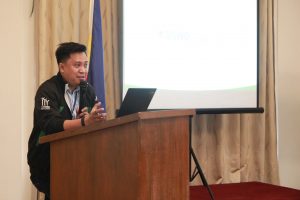
The SLP provincial coordinators and representatives presented the provincial accomplishments, challenges encountered, and resolutions. They also raised some concerns and clarification concerning the program execution.
The partner agencies on the other hand comprise the Department of Science and Technology (DOST), Department of Trade and Industry (DTI), Department of Agriculture (DA), DA-Agricultural Training Institute (ATI), Cooperative Development Authority (CDA), Presidential Commission for the Urban Poor (PCUP), Technical Education and Skills Development Authority (TESDA), and Junior Chamber International (JCI) Puerto Princesa Oil also presented their Programs, Projects, and Activities (PPAs) in relation to the implementation of Zero Hunger program.
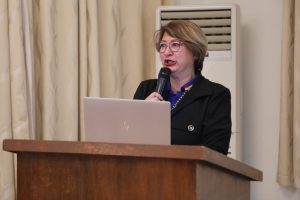
At the end of the activity, through collaborative efforts, the participants were able to come up with a clear Zero Hunger implementation plan for 2023 which includes the counterpart support of each private and public partner agency in achieving the success of the identified projects in the target provinces. The projects identified were community production of danggit value-added products livelihood projects, organic farming, mushroom production, layer egg production, diversified farming salt approach, community stores, and hog raising. These will be fulfilled in Palawan and Occidental Mindoro benefitting 513 qualified beneficiaries.
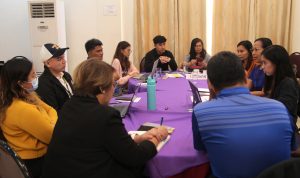
The Zero Hunger Program is a convergence program that aims to help mitigate hunger, ensure food and nutrition security, and reduce poverty in urban and rural communities. With the DSWD serving as the lead agency in its implementation, the program was lodged in the Sustainable Livelihood Program (SLP).
![]()

